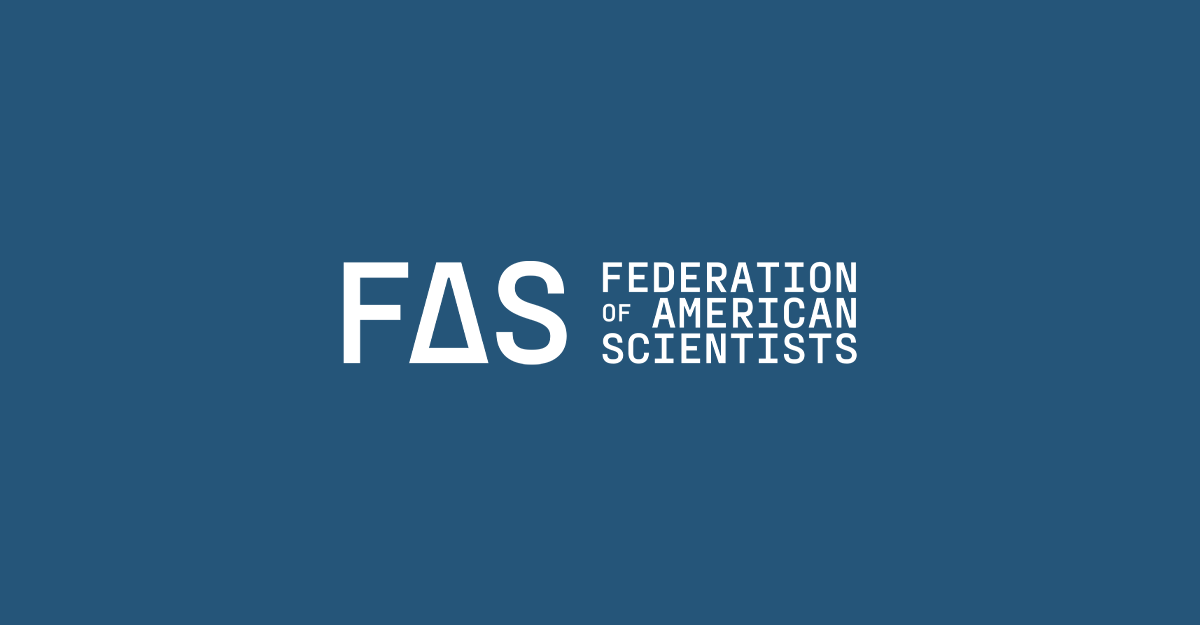
Position on the Wildfire Intelligence Collaboration and Coordination Act of 2025
The Federation of American Scientists supports the Wildfire Intelligence Collaboration and Coordination Act of 2025.
This vital bill would create a Wildfire Intelligence Center to provide decision support across the entire wildfire lifecycle of prevention, suppression, and recovery efforts, thereby allowing stakeholders to retain autonomy while holistically addressing the wildfire crisis. Inspired by consensus recommendations from the Wildland Fire Mitigation and Management Commission, this bill further underscores the strong bipartisan momentum in Congress for a new federal center to improve wildfire detection speed and accuracy, enhance recovery efforts, and better prepare for catastrophic wildfires. FAS has previously supported similar legislation to create such a center. We look forward to working with partners to move forward on a single collaborative effort.
“FAS applauds Senators Padilla and Sheehy for introducing this bill, which would take a crucial step forward in protecting our communities from increasingly severe wildfires. The Wildfire Intelligence Center would bring together expertise at all levels of government to give our firefighters and first responders access to cutting-edge tools and the decision support they need to confront this growing crisis,” said James Campbell, Wildfire Policy Specialist at the Federation of American Scientists.
FAS is launching the Center for Regulatory Ingenuity (CRI) to build a new, transpartisan vision of government that works – that has the capacity to achieve ambitious goals while adeptly responding to people’s basic needs.
This runs counter to public opinion: 4 in 5 of all Americans, across party lines, want to see the government take stronger climate action.
Cities need to rapidly become compact, efficient, electrified, and nature‑rich urban ecosystems where we take better care of each other and avoid locking in more sprawl and fossil‑fuel dependence.
Hurricanes cause around 24 deaths per storm – but the longer-term consequences kill thousands more. With extreme weather events becoming ever-more common, there is a national and moral imperative to rethink not just who responds to disasters, but for how long and to what end.